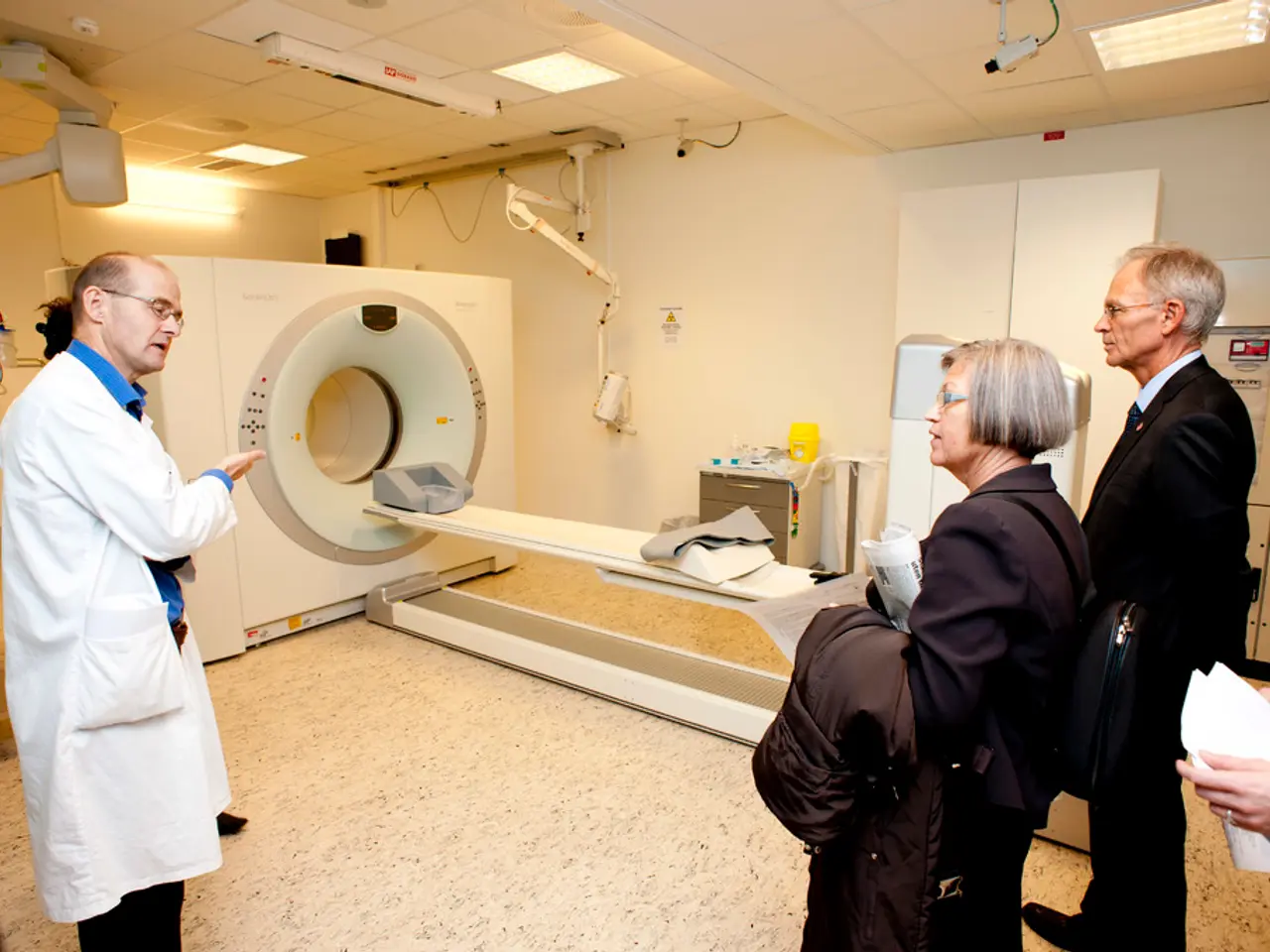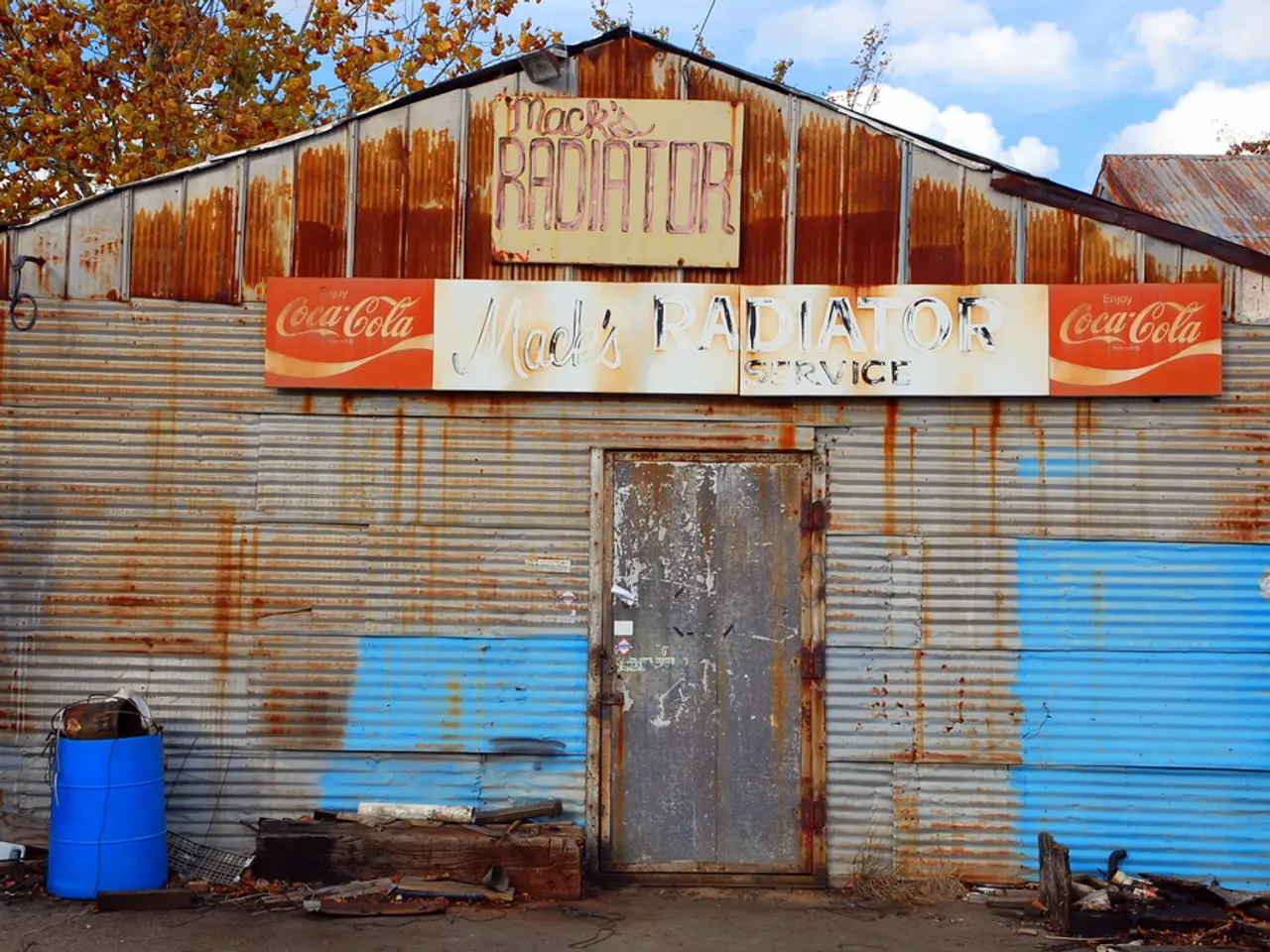Wildfire smoke leads to air quality warning in Montreal region
In the face of ongoing wildfires in the Prairies, several regions in Quebec, including Montreal, Laval, Vaudreuil, Saint-Jean, and Marieville, are experiencing poor air quality and reduced visibility [1]. This smoke-filled air has prompted health authorities to issue warnings and advice to help residents stay safe.
For everyone, particularly vulnerable groups such as children, the elderly, and those with respiratory or heart conditions, it's recommended to limit outdoor activities and spend as much time indoors as possible [2]. When indoors, keeping windows and doors closed can help reduce exposure to the smoky air. Air purifiers can be beneficial if available [2]. To further minimise exertion, it's best to avoid strenuous activities.
If going outside is necessary, wearing a properly fitted mask, such as an N95, can help reduce inhalation of fine particles [2]. However, mild symptoms like eye, nose, and throat irritation, headaches, or a mild cough may still occur [3].
More serious but less common symptoms, such as wheezing, chest pains, or a severe cough, should prompt seeking medical advice [3]. Vulnerable groups, including people over 65, pregnant people, infants, and those with existing illnesses or chronic health conditions, are most at risk of health effects from air pollution [2].
Environment and Climate Change Canada has issued a special air quality statement for these affected areas, warning that the poor air quality is expected to last until Sunday [1]. They also recommend wearing a well-fitting respirator-type mask when venturing outside [3].
In extreme heat events, it's crucial to prioritise staying cool while maintaining indoor air quality [4]. If you believe you are experiencing a medical emergency due to poor air quality, seek immediate medical assistance [4].
Monitoring local air quality updates is essential, as visibility can worsen over hours due to the smoke [1]. By following these guidelines and staying informed, residents can help protect themselves and their families during this challenging time.
[1] - https://weather.gc.ca/warnings/index_e.html?q=QC [2] - https://www.quebec.ca/en/health/health-issues/a-z/air-quality-health-index/2021/08/19/smoke-from-wildfires-in-the-prairies-affecting-air-quality-in-montreal-laval-vaudreuil-saint-jean-and-marieville-areas-health-authorities-recommend-minimizing-outdoor-activities-especially-for-vulnerable-groups-like-children-elderly-and-individuals-with-respiratory-or-heart-conditions/ [3] - https://www.quebec.ca/en/health/health-issues/a-z/air-quality-health-index/2021/08/19/smoke-from-wildfires-in-the-prairies-affecting-air-quality-in-montreal-laval-vaudreuil-saint-jean-and-marieville-areas-health-authorities-recommend-minimizing-outdoor-activities-especially-for-vulnerable-groups-like-children-elderly-and-individuals-with-respiratory-or-heart-conditions/ [4] - https://www.quebec.ca/en/health/health-issues/a-z/air-quality-health-index/2021/08/19/smoke-from-wildfires-in-the-prairies-affecting-air-quality-in-montreal-laval-vaudreuil-saint-jean-and-marieville-areas-health-authorities-recommend-minimizing-outdoor-activities-especially-for-vulnerable-groups-like-children-elderly-and-individuals-with-respiratory-or-heart-conditions/
- The ongoing wildfires in the Prairies are not only affecting the climate and environment, but they are also impacting the health of residents in Quebec, as poor air quality has been reported in various regions.
- In such situations, it's essential to prioritize health-and-wellness, especially for vulnerable groups, by limiting outdoor activities and spending more time indoors to minimize exposure to the smoky air.
- Fitness-and-exercise can wait, as strenuous activities should be avoided during periods of poor air quality to prevent exertion-related health issues.
- If a well-fitting mask, such as an N95, is worn when going outside, it can help reduce the inhalation of fine particles, but mild symptoms like irritation, headaches, or a mild cough may still occur.
- In case of serious symptoms like wheezing, chest pains, or a severe cough, or if you believe you are experiencing a medical emergency due to poor air quality, immediate medical assistance should be sought.




